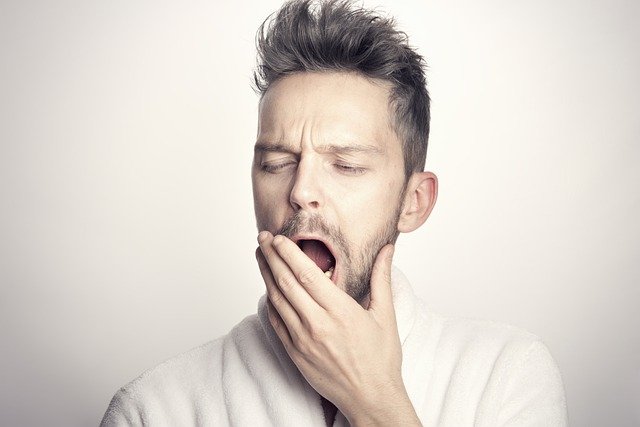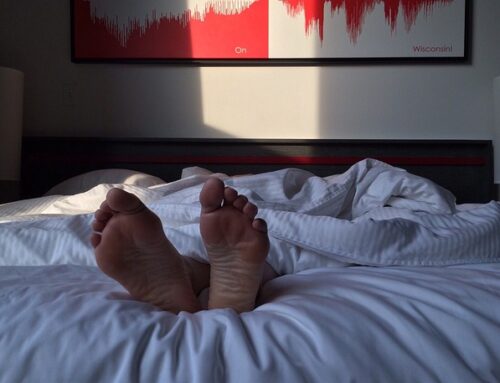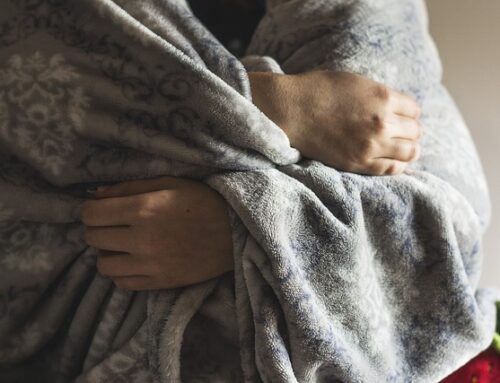It has been a long year with everyone trying to properly navigate the ongoing COVID-19 pandemic. While we are nearing some sense of normalcy in the U.S. with more people getting vaccinated against COVID-19, we need to pay attention to something else: There has been a disruption in sleep and an increased use of sleep aids since the pandemic began.
In a study published in the Journal of Clinical Sleep Medicine, researchers found that 58% of responders reported that they were unsatisfied with their sleep and 40% expressed decreased sleep quality now compared to before the COVID-19 pandemic. To add to that, self-reported sleeping pill consumption increased by 20% among these individuals.
These findings signal a growing need to screen for worsening sleep patterns and use of sleeping aids. Here are three sleep disturbances observed in this study.
Insomnia and daytime dysfunction
For those who said they had worsening sleep following the pandemic, there was a new development: insomnia symptoms combined with daytime dysfunction. These insomnia symptoms appear to be the result of new, added stress as well as perceived sleep quality.
For daytime dysfunction and sleepiness, this may be caused by disorders that affect sleep duration or continuity of sleep architecture, says the study. This can include mood disorders, obstructive sleep apnea, narcolepsy or systemic inflammation.
Circadian misalignment
Next up in sleep disruption experienced during the pandemic is circadian misalignment such as inappropriately timed sleep and wake, misalignment of sleep/wake with feeding rhythms or misaligned central and peripheral rhythms. This was reported in 75% of the respondents of the study who said they experienced worsening in their sleep patterns.
Circadian misalignment is actually a common consequence of social isolation because this disruptive behavior affects the maintenance of a stable internal time, says the study. This results in circadian sleep-wake disorders, often overlapping with insomnia.
Worsened sleep quality
Compared to before the pandemic, self-reported sleep duration increased to an extent even though sleep quality worsened. Perceived sleep quality, according to the study, can be influenced by anxiety, stress and hyperarousal. These were all prevalent during the pandemic.
It’s time to take charge of our patient’s sleep patterns and help them regain healthy sleep again.





